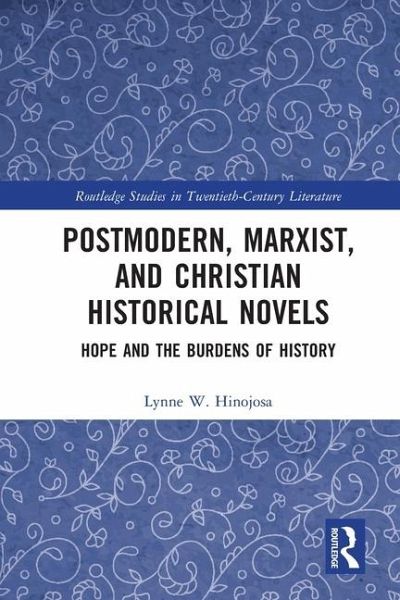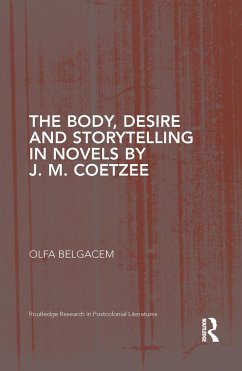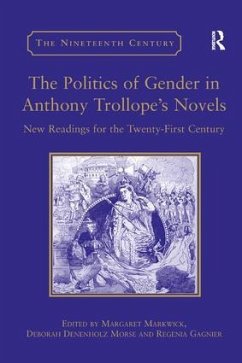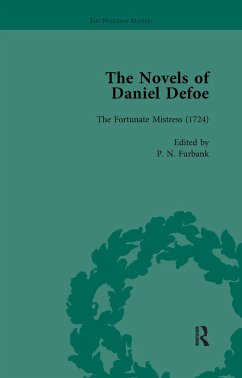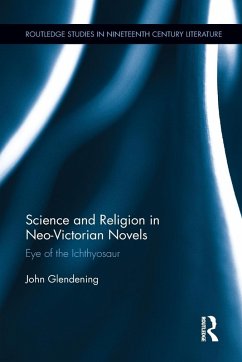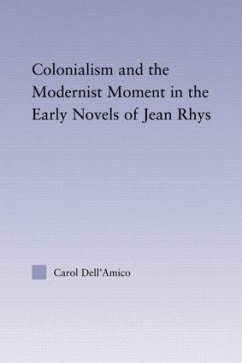Lynne W. Hinojosa
Broschiertes Buch
Postmodern, Marxist, and Christian Historical Novels
Hope and the Burdens of History
Versandkostenfrei!
Versandfertig in 1-2 Wochen
Weitere Ausgaben:

PAYBACK Punkte
28 °P sammeln!





Postmodern, Marxist, and Christian Historical Novels: Hope and the Burdens of History argues historical novels can help readers receive the burdens of history and develop a more robust conception of and concrete practice of hope.
Lynne W. Hinojosa is Associate Professor of Literature in the Honors Program at Baylor University. She received her Ph.D. in English from the University of Notre Dame (2003). In addition to essays in journals such as Literature and Theology, Religion and Literature, and the Journal of Modern Literature, she has published two scholarly monographs: The Renaissance, English Cultural Nationalism, and Modernism, 1860-1920 (Palgrave, 2009), and Puritanism and Modernist Novels: From Moral Character to the Ethical Self (The Ohio State University Press, 2015).
Produktdetails
- Verlag: Routledge
- Seitenzahl: 216
- Erscheinungstermin: 29. Januar 2024
- Englisch
- Abmessung: 229mm x 152mm x 12mm
- Gewicht: 321g
- ISBN-13: 9781032155371
- ISBN-10: 103215537X
- Artikelnr.: 69930243
Herstellerkennzeichnung
Libri GmbH
Europaallee 1
36244 Bad Hersfeld
gpsr@libri.de
"At a time when hope is too often dismissed as a utopian ideal, Hinojosa argues that this virtue is, in fact, a worldly practice, one that engages not only the future but the present and past as well. Her readings of modern historical fiction within the framework of Jürgen Moltmann and others show how genuine hope makes a difference in the lives of characters and readers alike, enabling us to participate in God's mission of love and justice."
- Elizabeth Newman, Adjunct Professor of Theology, Duke Divinity School
"Hinojosa deftly navigates the fields of literary theory, Marxist thought, and Christian theology to appraise the hollowed-out accounts of history and hope in much
- Elizabeth Newman, Adjunct Professor of Theology, Duke Divinity School
"Hinojosa deftly navigates the fields of literary theory, Marxist thought, and Christian theology to appraise the hollowed-out accounts of history and hope in much
Mehr anzeigen
contemporary fiction. Novels as disparate as The English Patient and Parable of the Sower come under scrutiny for circumventing "the historic character of reality," a phrase from Hinojosa's primary interlocutor, Jürgen Moltmann. These and other works manifest hope as ironic detachment or triumph over time or presumptuous utopia, while Marilynne Robinson's fiction, in contrast, discloses the congruity of history and hope as her characters experience transformation within, not in spite of, the brokenness of the past, present, and their longed-for futures. For specialists perhaps, this book nonetheless speaks to the urgency of our cultural moment in which the myriad crises we face cry out for a practical, actionable hope by which we can claim that another world-of wounds healed, of violence reckoned with-is possible."
- Debra Dean Murphy, Associate Professor of Religious Studies, West Virginia Wesleyan College
- Debra Dean Murphy, Associate Professor of Religious Studies, West Virginia Wesleyan College
Schließen
Für dieses Produkt wurde noch keine Bewertung abgegeben. Wir würden uns sehr freuen, wenn du die erste Bewertung schreibst!
Eine Bewertung schreiben
Eine Bewertung schreiben
Andere Kunden interessierten sich für




